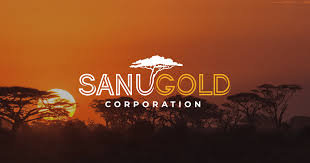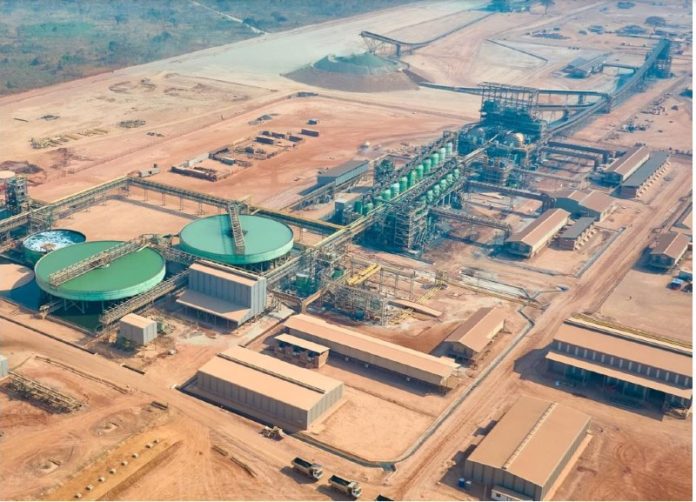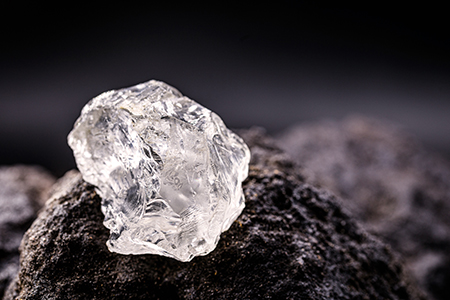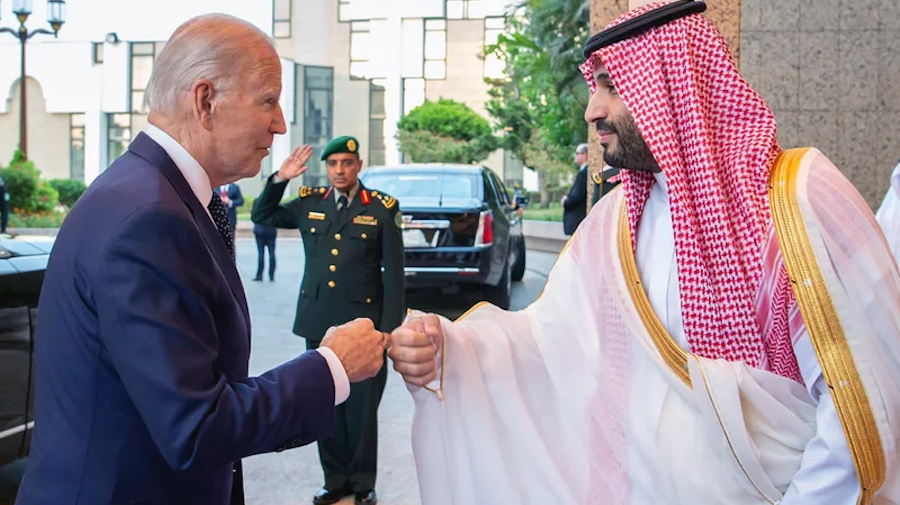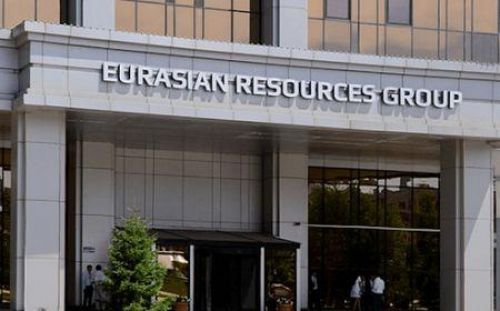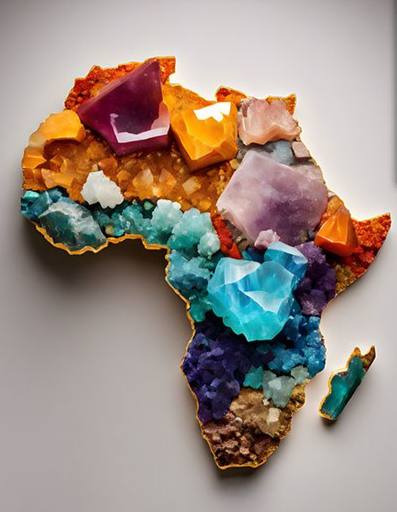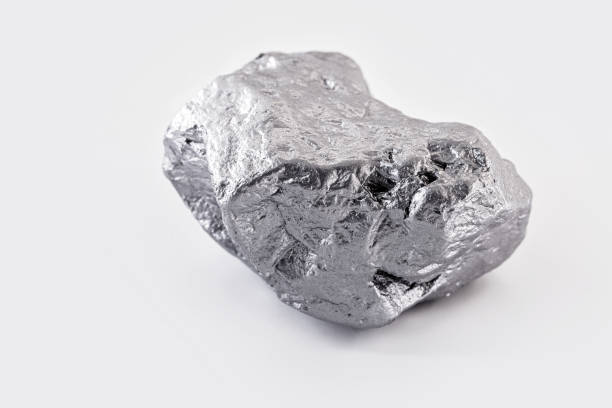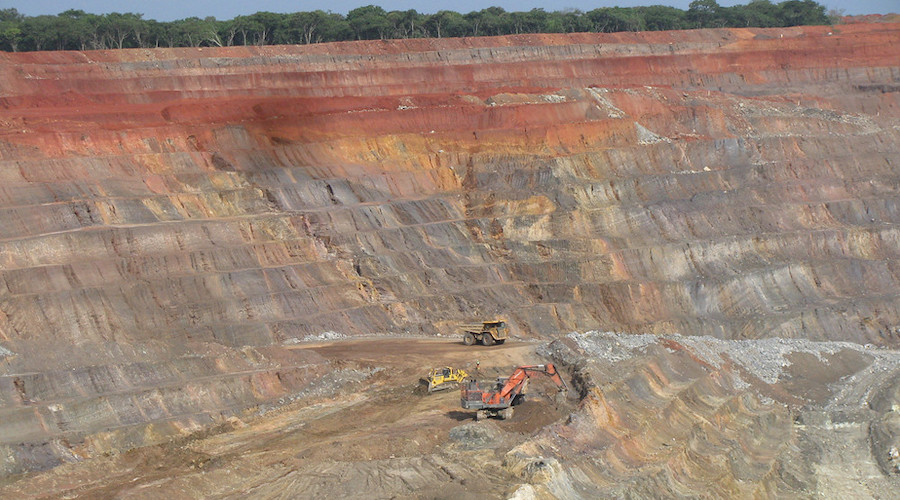Base Metals

South Africa weighs 25% chrome export levy – report
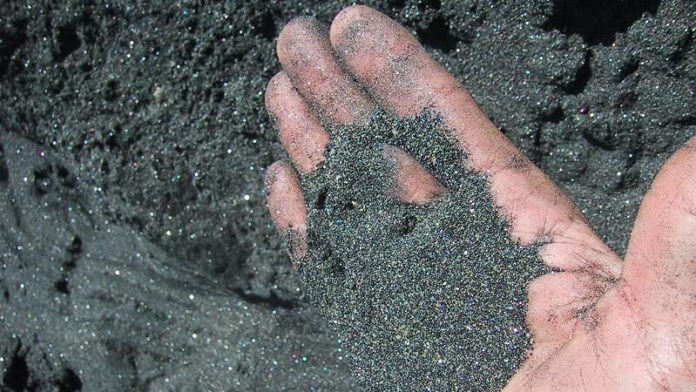
South African authorities are considering the implementation of a 25% export levy on raw chrome ore. This proposed measure forms a central part of a draft economic growth strategy designed to rescue the nation's struggling ferrochrome industry, which has faced severe challenges from crippling electricity costs and significant job losses.
The strategic framework, which targets 3.5% economic growth and increased fixed investment by 2030, aims to maintain lower domestic chrome prices for local processors. It also advocates for preferential power tariffs for ferrochrome producers to enhance their global competitiveness.
As the holder of over 70% of global chromite reserves—the essential raw material for ferrochrome used in stainless steel—South Africa's position is strategically vital. However, the sector has been undermined by above-inflation electricity price hikes, leading to widespread smelter closures. The industry has witnessed approximately 14 smelters shut down in recent years, resulting in the loss of an estimated 350,000 jobs throughout the supply chain. This downturn continues, with recent redundancies announced at Glencore and Merafe Resources' operations in Rustenburg.
The proposal has garnered cabinet-level support, with authorities approving an export tariff earlier this month, though a specific rate was not confirmed at that time.
The proposed levy has sparked a sharp division within the industry. Chrome ore miners, represented by industry body Chrome SA, have condemned the tax as counterproductive. They argue that such export restrictions would severely damage already marginal mining operations and fail to address the root cause of the crisis: unaffordable electricity. They point to the R84 billion in foreign currency earned from chrome ore exports last year as a critical revenue stream that should not be jeopardized.
Conversely, the levy has found support from figures like Menar managing director Vuslat Bayoglu, who estimates that a 25% tax could generate R34 billion annually. Bayoglu contends that this revenue could provide substantial funding for electricity subsidies to support smelters.
The Ferro Alloy Producers Association has adopted a more cautious stance, prioritizing the fight against illegal mining, which accounts for roughly 10% of chrome exports. The Association's chairman, Nellis Bester, emphasized that competitive electricity tariffs remain the only viable long-term solution, noting that only eight of the country's original 80 furnaces remain operational. Recent negotiations between the Electricity Minister and major producers like Glencore and Samancor, facilitated by power utility Eskom, have yet to yield a resolution.



